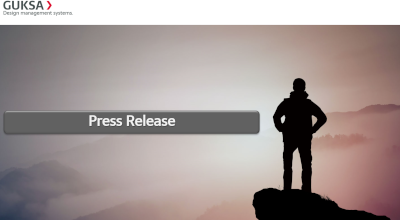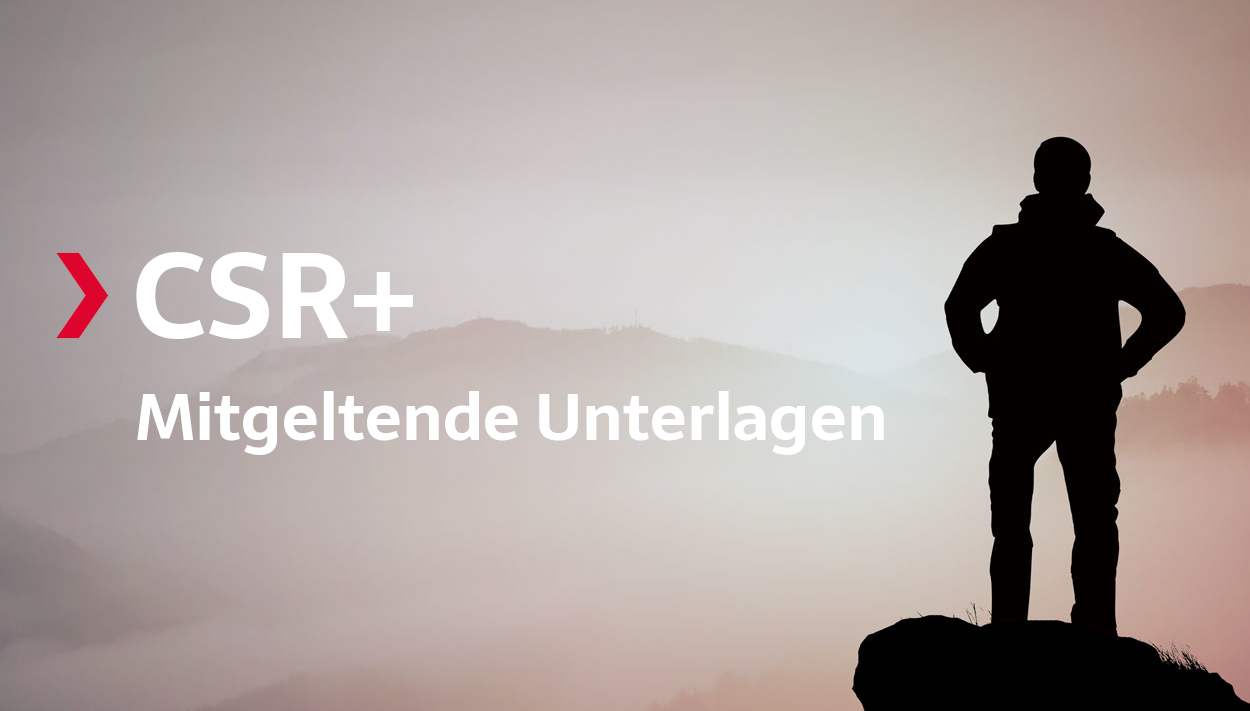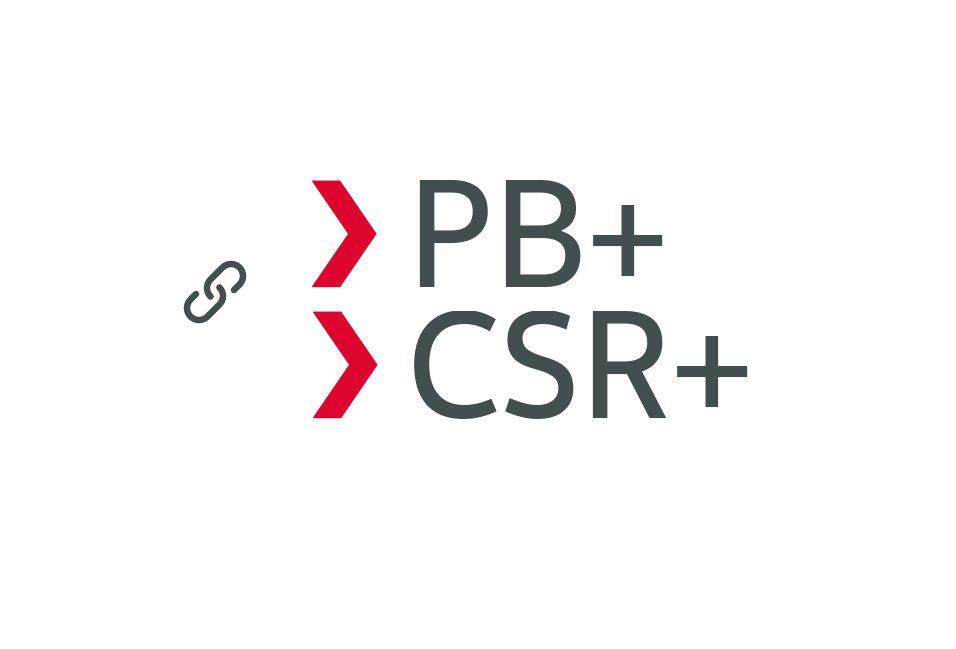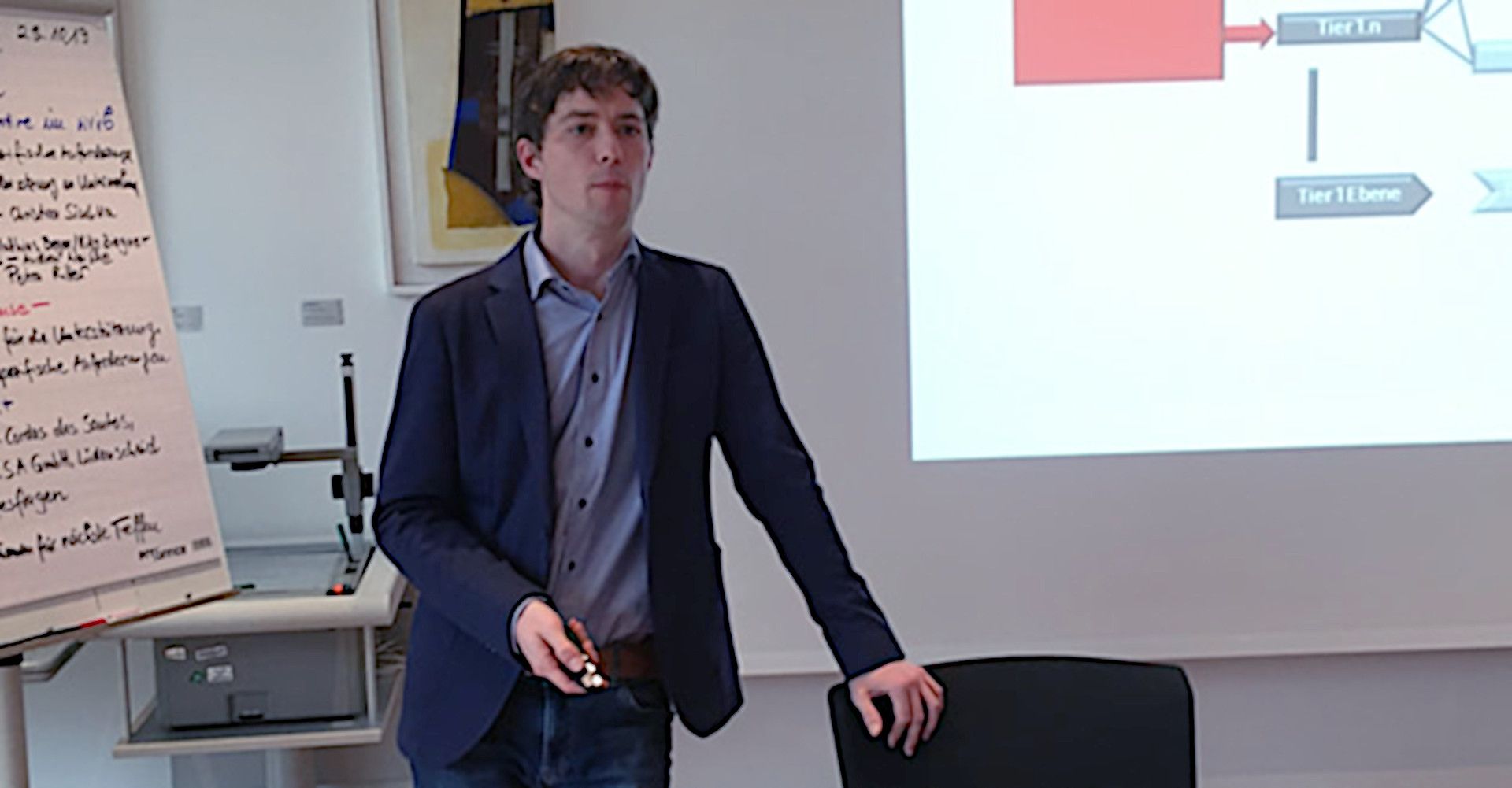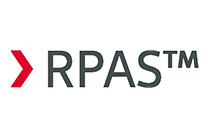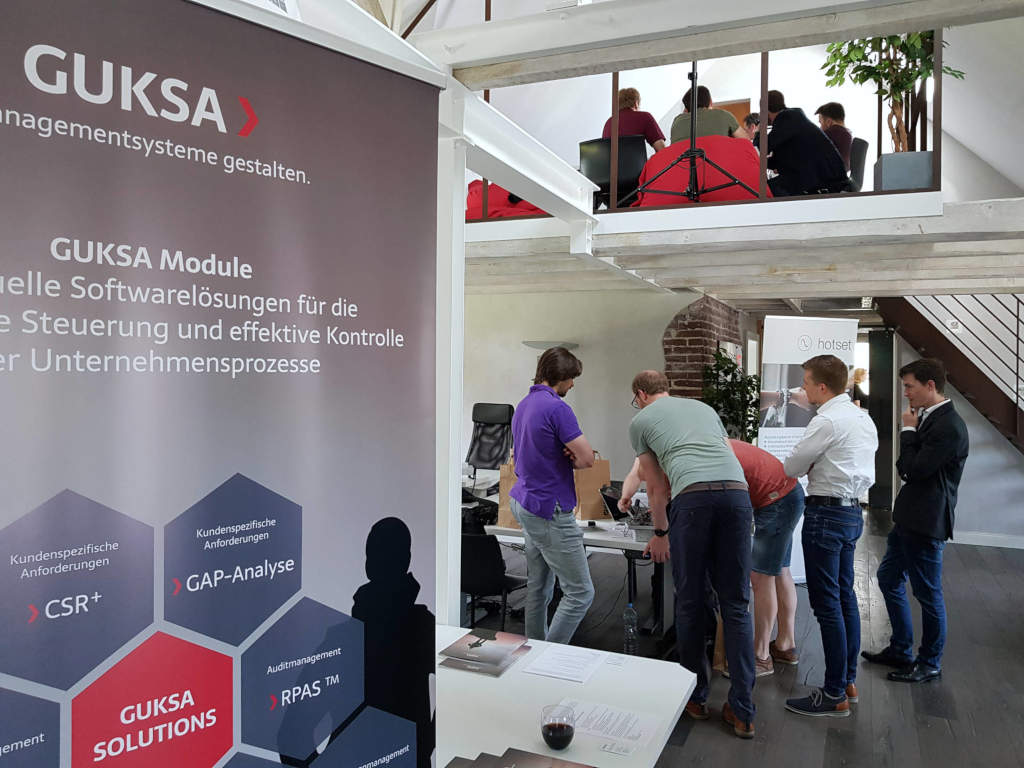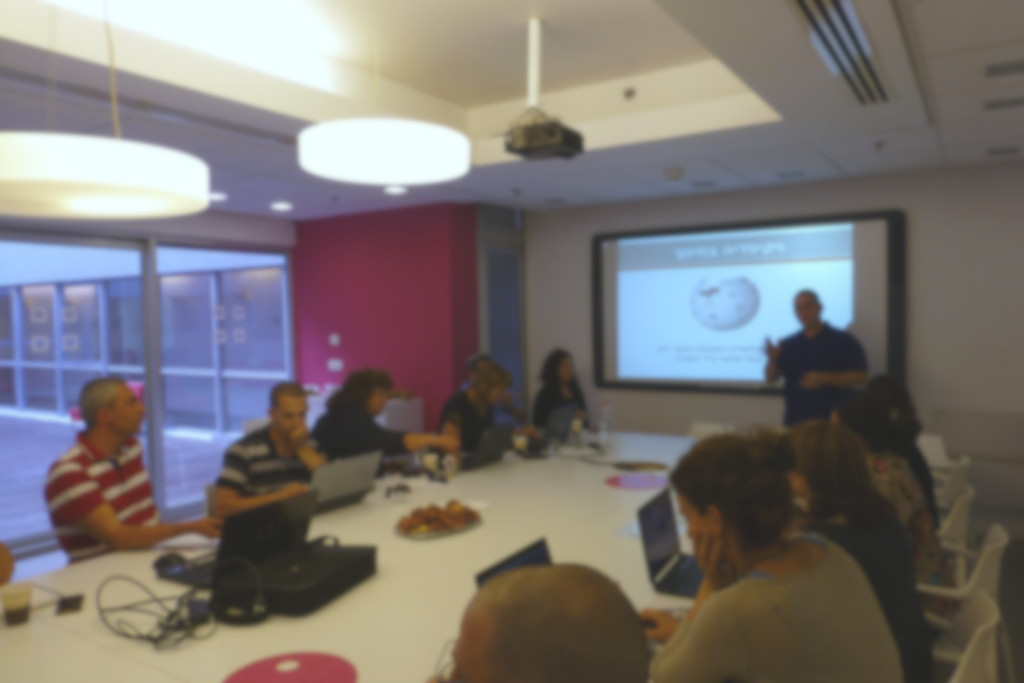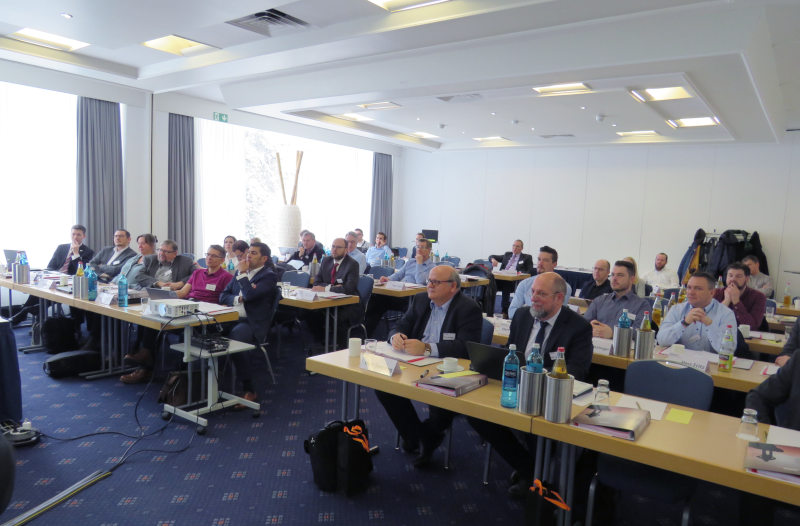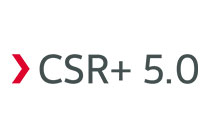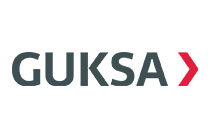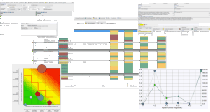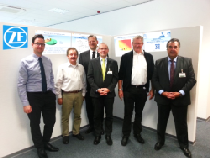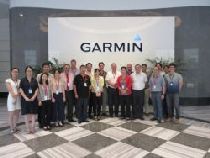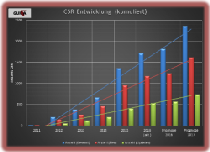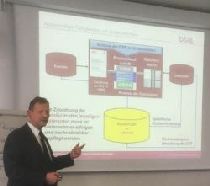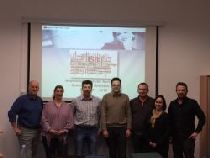The extent to which the management system is capable of achieving the corporate strategy, its objectives and customer requirements is generally only considered to a limited extent in the system and process audits. A value-analytical and risk-orientated consideration of the installed systems/processes is completely missing. As a result, the benefits of audits for the organisation are usually very limited. RPASTM closes this gap and identifies potential for both preventive cost savings and improved forecasting of the organisation's risks and opportunities for management.
The aim of our practical seminar is to explain and train participants in the structure and implementation of the RPASTM system so that the operational risks for their own organisation/suppliers can be identified and assessed as part of internal/external audits/assessments. Using practical examples and case studies, participants learn how to set up a company-specific risk and process-orientated audit system (RPASTM) in accordance with the general requirements of the regulations and the CSR (customer-specific requirements).
The use of RPASTM in conjunction with auditing the management system and its processes not only makes economic sense, but also enables risks and opportunities in the company to be analysed and identified at an early stage. In view of the specific system requirements from ISO 9001 / IATF 16949 etc., as well as the wide range of customer requirements, systematic and holistic process-oriented risk auditing is an important factor in customer orientation and is a component of targeted risk minimisation in the company.
Contents
- The importance and objectives of RPAS®
- Audit types and their benefits for the organisation
- Audit management requirements from ISO 9001 / IATF 16949
- Requirements from ISO 9001:2015 / IATF 16949 regarding "risk-based thinking"
- Audit situation - What are risk-based system audits?
- RPAS® objectives, prerequisites and boundary conditions
- Carrying out risk-based system audits at suppliers
- The RPAS® auditors
- What are the advantages of RPAS®?
- CSR / requirements management requirements in ISO 9001 / IATF 16949
- CSR system requirements - The topic
- Customer requirements
- Interaction of CSR with the management system
- Functions and legal nature of customer-specific receivables
- RPAS® system structure
- Basic information on the RPAS® audit
- RPAS® system structure
- Creation of evaluation criteria for the system elements
- Clustering Preparation for the assignment of risk factors in the RPAS® process
- Definition of risk factors for the system assessment
- Risk factors for the system evaluation
- Determine system risk factors using pairwise comparison
- Pairwise comparison - advantages and risks
- Creation of administrative/technological risk factors for the system elements
- Overview of possible business risks
- Example of technological risk factors
- Example of administrative risk factors
- Use of the RPAS® risk map
- RPAS® system software support
- A total of 6 workshops will be held in the seminar
- Workshop 1 - Probleme im Auditmanagement
- Workshop 2 - Customer requirements in ISO 9001 / IATF 16949
- Workshop 3 - CSR in connection with ISO 9001/ IATF 16949
- Workshop 4 - RPAS® questionnaire preparation
- Workshop 5 - Clustering the system elements to the processes
- Workshop 6 - Creation of administrative / technological risk factors for the system elements
| Inquiry | |
| Individual coaching | Dates |
Additional information
Target group and participants
The event is aimed at quality, environmental and occupational safety managers and auditors who want to set up and implement a risk management system as part of internal audits. Previous training as a risk quality coordinator (MSRK) is not required, but it helps to understand the risk topics and methods to be dealt with.
Seminar duration
2 days, 08:30 - approx. 17:00 (on site / online)
4 x 0.5 days, 8:30 - approx. 12:30 (on site / online)
Number of participants
The number of participants is limited to a maximum of 12 people.
If possible, participants should bring a laptop to the course.
Seminar documents and certificate of attendance
The course materials and certificates of attendance are provided by GUKSA GmbH for all participants. You will receive Excel-based application software free of charge during the seminar. All case studies and workshops can be worked on with a laptop so that the results can be used later in the company.
Please send us a list of participants in advance. Upon completion of the seminar, participants will receive a certificate of attendance.
Aids
Seminar room, flip chart, projector, beamer, pin boards and utensils (company-specific application examples) are provided by the organiser.
Seminar costs (in-house)
Contact us by e-mail, via the contact form or by telephone.
This allows us to discuss the desired topics with you, e.g. your desired focus, practical examples, etc. and customise the seminar for you. We look forward to receiving your enquiry!
Referent
Certified 1st / 2nd party auditors IATF 16949 (VDA QMC), process auditors VDA 6.3 (VDA QMC), ICO ISMS 27001 PROFESSIONAL / ICO ISMS Auditor ISO/IEC 27001, risk manager according to ISO 31000 / ONR 49001 with many years of experience in setting up and conducting RPAS® audits for well-known companies (OEM / suppliers) in the automotive industry.
Trainer / Examiner for Management System Risk Auditor (RPAS®) at the TÜV-Nord Academy.











